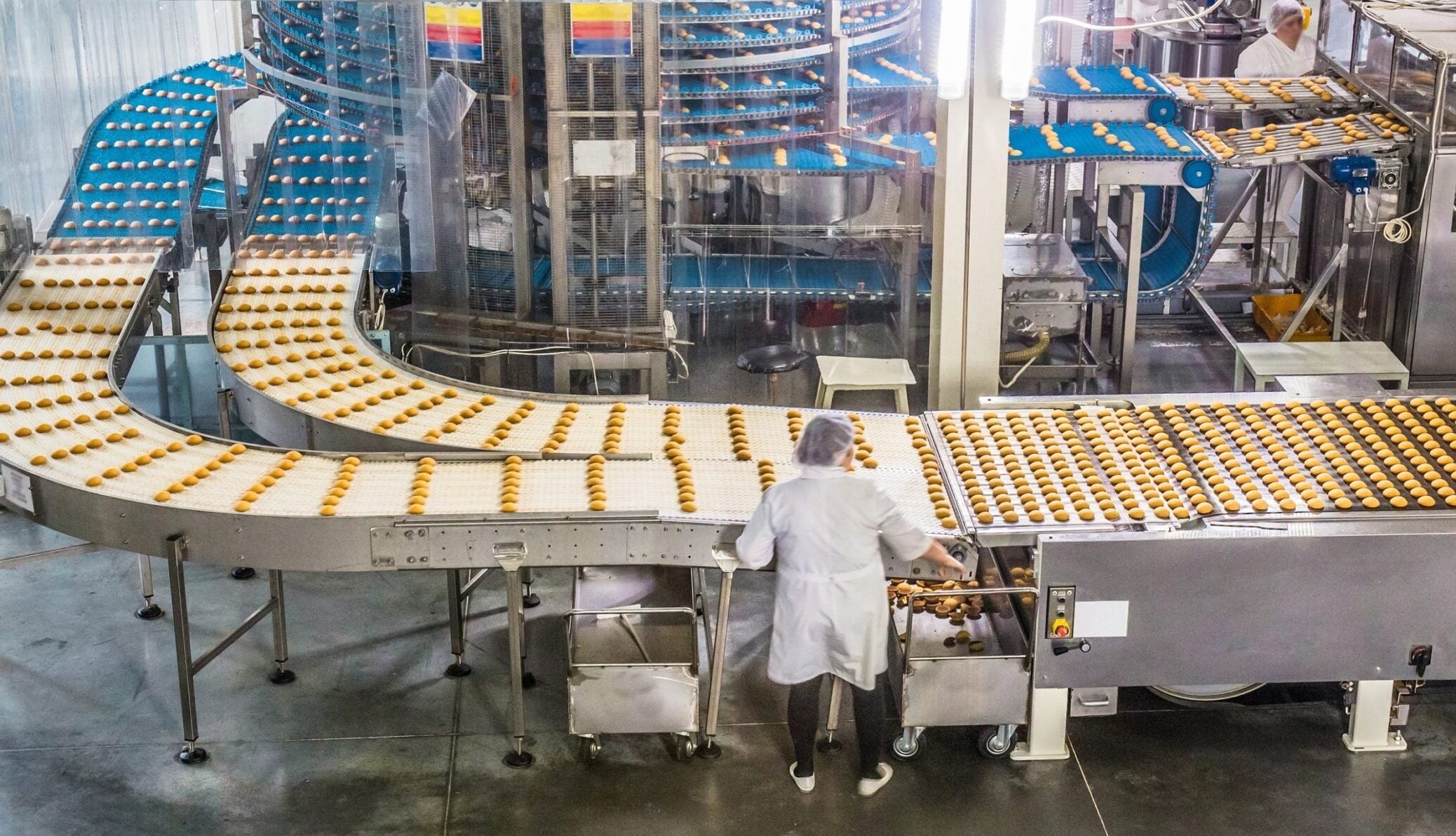
Half of UK food and drink businesses plan to maintain subdued levels of investment this coming year, according to trade body The Food and Drink Federation.
As a result, the FDF is calling for greater collaboration with the country’s government to “unlock higher levels of private sector investment” which it suggested is “vital for stimulating growth and safeguarding the UK’s long-term food security”.

Discover B2B Marketing That Performs
Combine business intelligence and editorial excellence to reach engaged professionals across 36 leading media platforms.
Publishing its State of Industry Report Q1 2024 today (20 May), the FDF said the relatively low level of planned investment is against a backdrop of investment in food and drink manufacturing falling by 30% since 2019.
It pointed out that this is in sharp contrast with the rest of manufacturing which saw investment grow by 5% in the same period.
In terms of capital expenditure over the next 12 months, some 50% of respondents said they would not be investing more in buildings, 53% said the same for skills and training, while the figure for plant and machinery was 40% and 49% for RTD.
The FDF said that “against the backdrop of persistent declines in industry’s investment for the past four years, these figures suggest intentions for investment are subdued, and unlikely to return to pre-pandemic levels soon”.

US Tariffs are shifting - will you react or anticipate?
Don’t let policy changes catch you off guard. Stay proactive with real-time data and expert analysis.
By GlobalDataIt blames “the series of shocks which have faced the sector – Brexit, a global pandemic, geo-political unrest, extreme weather conditions, and inflationary pressures not seen before in a generation”.
The FDF added: “Regulatory burdens and higher than the national average labour shortages continue to hamper the industry, with restructuring operations emerging as a top three priority for a third of manufacturers this quarter – which the week after the Prime Minister hosted the Farm to Fork Summit, is a huge concern.
“While food price inflation has fallen from its peak of close to 20% last year to 4.0% in March, cost pressures are still present with manufacturers reporting costs have risen by 9.2% over the year to March.”
The FDF suggested strengthening industry collaboration with government, universities and research institutions using science and innovation will build greater resilience in the food supply chain in the face of extreme weather events.
It said manufacturers are also still unsure about the costs of the Extended Producer Responsibility, a scheme to reduce the environmental impact of packaging.
“With [the UK] government having yet to set fees for the scheme, businesses are left with a black hole in their budgets for 2025, with cost estimated to be £1.7bn ($2.15bn),” it said.
It also suggested the GB-wide ‘Not for EU’ labelling for products, which is meant to ensure that consumers in Northern Ireland continue to be able to access the full range of products sold across the United Kingdom, is “unnecessarily adding cost and bureaucracy to the food chain at a time when businesses are trying to keep food prices down a low as possible”.
It said this policy requires manufacturers to run separate production lines for EU and UK markets, “severely hampering investment, competitiveness, and our industry’s exports”.
FDF estimates this could cost the industry £150m to implement and a further £250m per year in ongoing costs.
The report found the top priorities for the sector are growth and innovation, with 84% of businesses looking to grow UK sales and 53% focusing on new product development.
Bal Dhoot, FDF’s director for sustainability and growth said: “Investment in our sector is down by a third compared with 2019. Around half of food manufacturers have no intention of increasing their investment levels this year.
“If we are to build a sustainable and resilient food supply chain which supports the economy and feeds the nation, we need government to work with us to help foster a climate which encourages greater capital expenditure and investment in innovation.
“Our members, particularly the mid-sized businesses, continue to face some market uncertainty caused by labour shortages and the impact of poorly designed and implemented regulations. This is having dire unintended consequences for businesses by adding costly and unnecessary burdens to supply chains.”



